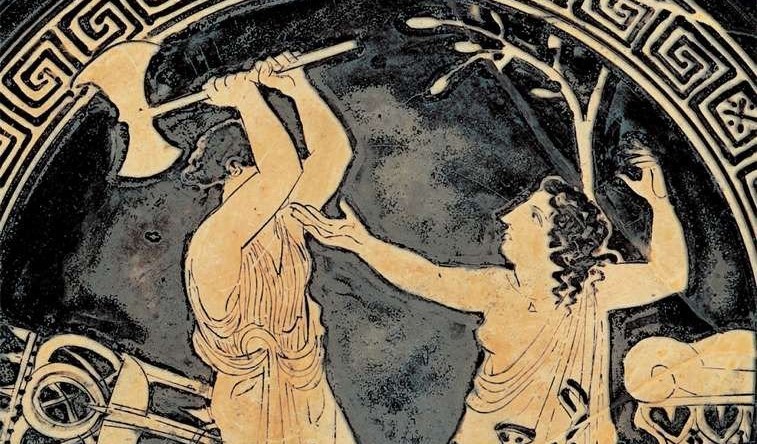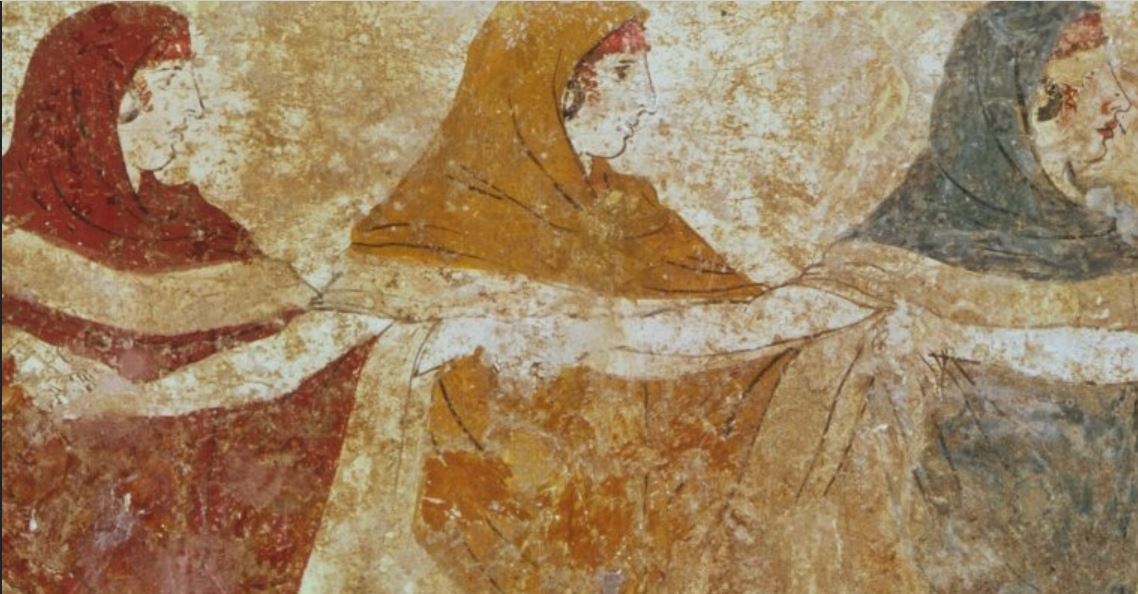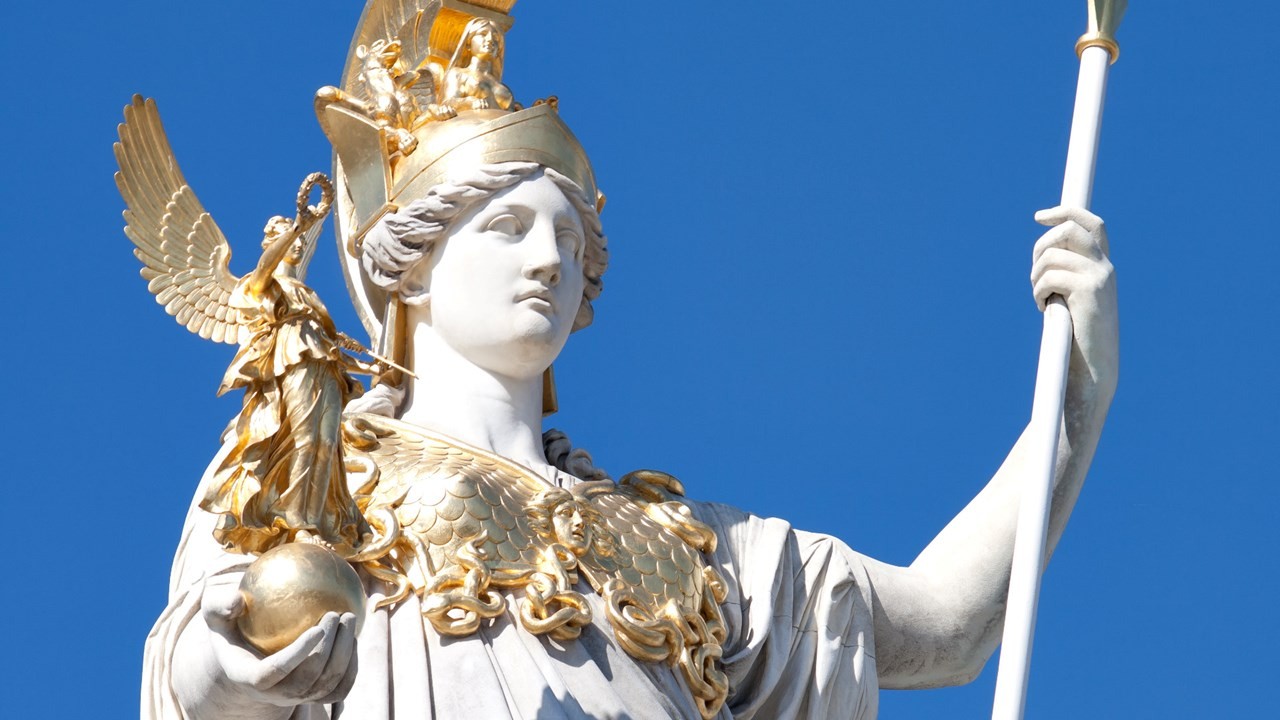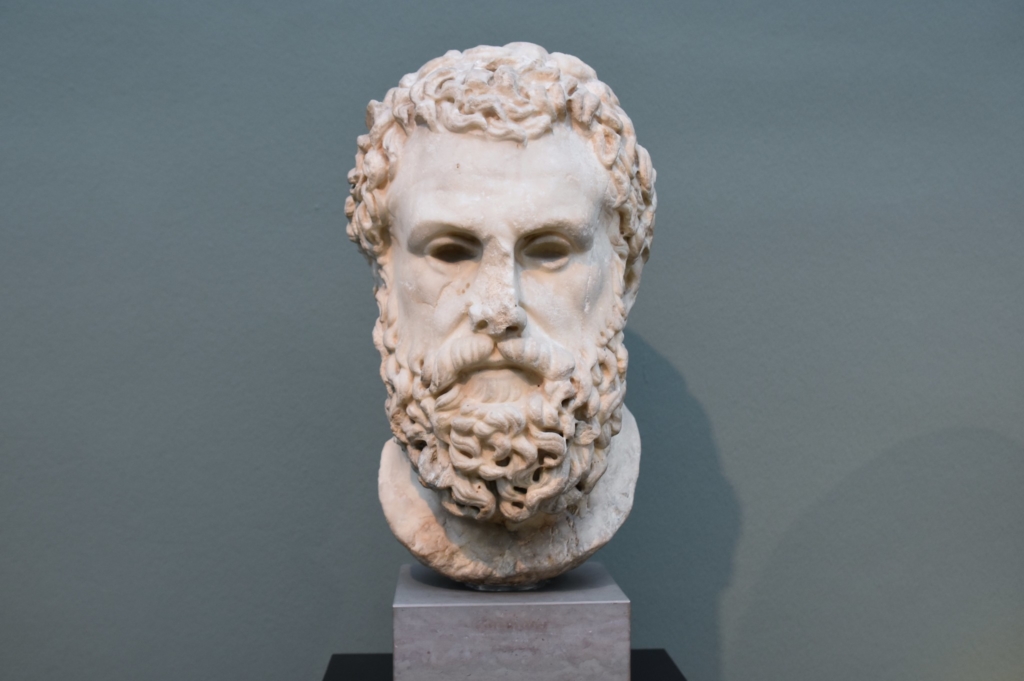by Andrew Aulner, Contributing Writer, Classical Wisdom Warfare had a profound impact on life in the ancient world. Greek theater reflected this reality, as well as the experiences of its writers; all three of the surviving Greek tragedians (Aeschylus, Sophocles, and Euripides) were influenced in some way by war. We’ll be taking a look at





